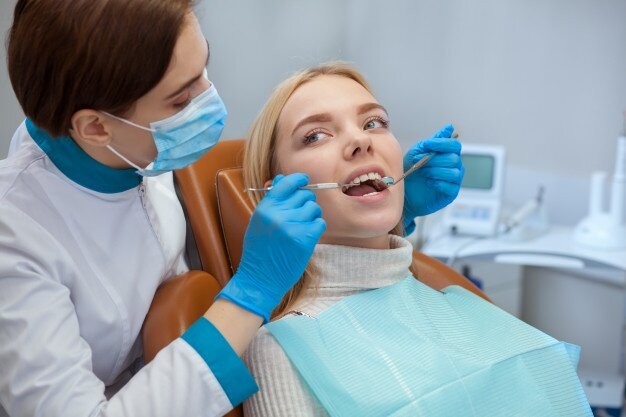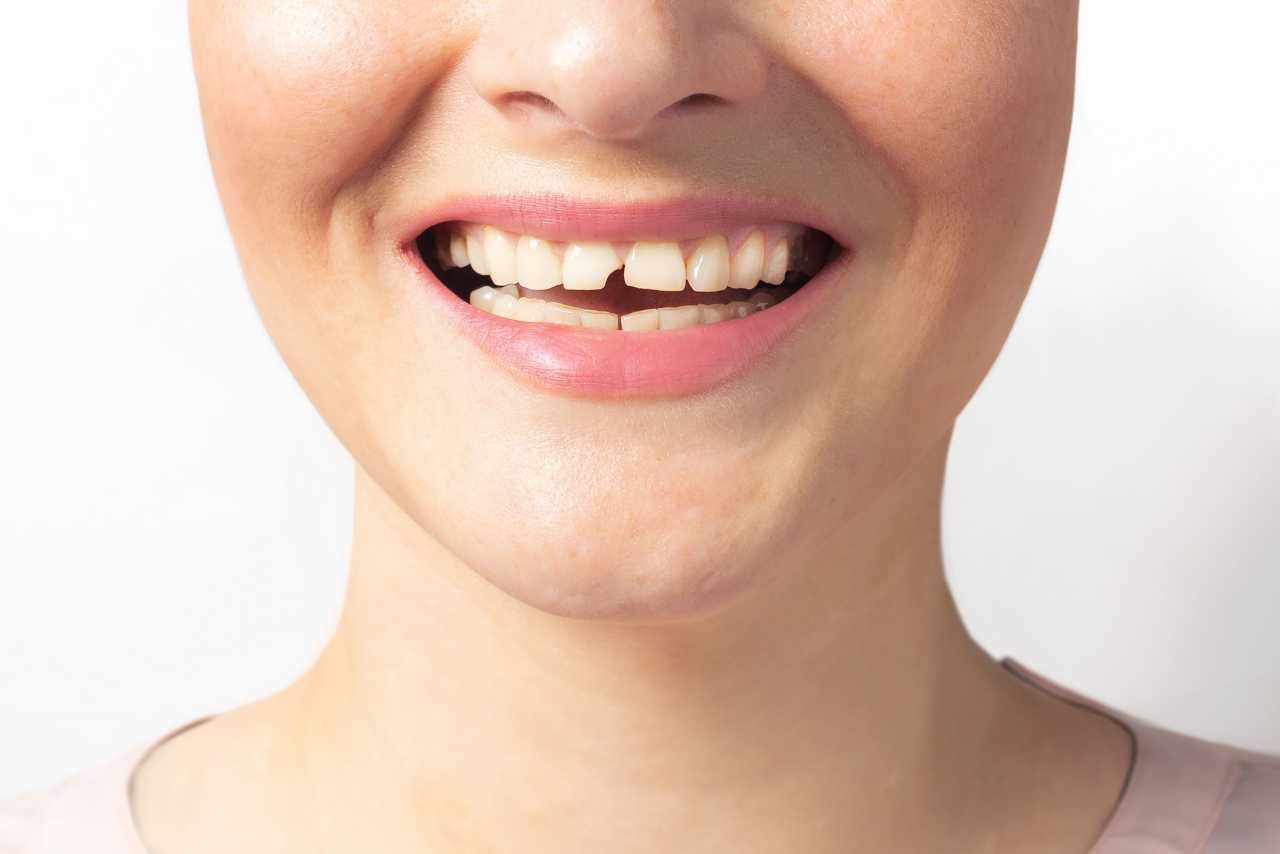Emergency Situation Dental Care: Quick Relief for Tooth Discomfort and Accidents
Emergency dental care is an essential part of keeping dental health, especially when unforeseen cases happen or extreme pain develops. Comprehending the indications that require immediate attention can considerably influence outcomes, preventing further difficulties. From intense toothaches to stressful injuries, acknowledging the necessity of these situations is critical. Numerous people remain uncertain about the particular circumstances that necessitate timely treatment. This ambiguity often causes delays in seeking help, which can exacerbate the issue handy. Discovering the usual kinds of dental emergency situations and the ideal feedbacks is crucial for educated decision-making during these vital minutes.
Understanding Dental Emergencies
Dental emergency situations often develop without caution, necessitating prompt interest to alleviate discomfort and protect against additional complications. Recognizing the nature of dental emergency situations is critical for both people and doctor to make certain efficient management. These situations can vary from sharp pain and injury to infections that require immediate treatment.
One key aspect of dental emergencies is recognizing the indicators that need immediate care. Signs and symptoms such as extreme toothaches, swelling, or blood loss can indicate underlying problems that, if left unattended, might result in severe wellness troubles. In addition, trauma to the mouth, whether from sporting activities injuries or accidents, can trigger damage to teeth and surrounding tissues, necessitating swift examination and treatment.
Recognizing the urgency and prospective effects of dental emergencies empowers people to make informed decisions, ultimately leading to better outcomes and improved dental wellness (emergency dentist edmonton). By prioritizing prompt interest to dental situations, clients can lessen discomfort and protect their general health.
Usual Types of Dental Emergency Situations
Encountering numerous kinds of oral emergency situations needs a thorough understanding of the conditions that demand instant treatment. Usual oral emergencies can dramatically affect a patient's oral health and general wellness.
Extreme pain often indicates a hidden issue that requires punctual treatment. One more usual emergency is a busted or chipped tooth, usually created by injury or too much force.
Knocked-out teeth stand for an important emergency, where instant activity is crucial for prospective reimplantation. Conservation of the tooth in an ideal tool, such as milk or saline, is vital while looking for professional assistance.
In addition, oral abscesses, characterized by localized infection, existing as swelling and discomfort. These call for immediate treatment to stop the spread of infection.
Lastly, soft tissue injuries, including cuts or lacerations to the periodontals, cheeks, or tongue, can additionally require emergency care. Addressing these conditions promptly is essential in minimizing problems and making certain ideal dental wellness.
When to Look For Immediate Treatment

Mishaps causing oral injury-- such as a knocked-out tooth, fractured or damaged teeth, or injuries to the gum tissues-- need instant care (emergency dental edmonton). In the instance of a knocked-out tooth, time is of the significance; it should be reinserted or stored in milk or saline and required to the dental professional within an hour for the very best opportunity of successful reattachment
Furthermore, extended blood loss from the mouth or any dental lacerations that do not quit might represent an extra significant problem calling for prompt treatment. Oral swelling, specifically if it impacts breathing or swallowing, is one more red flag. Generally, if you experience any kind of unexpected modifications in your dental health and wellness or physical discomfort that rises swiftly, seek prompt dental treatment to reduce possible problems and guarantee your health.
Handling Pain at Home
Reliable administration of oral pain at home can substantially reduce pain while awaiting expert therapy. A number of approaches can be utilized to address pain and reduce inflammation properly.
Over-the-counter analgesics, such as ibuprofen or acetaminophen, can give temporary alleviation. Be sure to adhere to dose guidelines on the packaging to prevent damaging results. Using a cold compress to the beyond the cheek can also help numb the area and decrease swelling. This approach is particularly effective within the very first 24-hour following an injury or beginning of discomfort.
Furthermore, keeping dental hygiene is critical. Delicately washing the mouth with warm salt water can assist reduce and clean the afflicted location irritability. Clove oil, recognized for its all-natural analgesic buildings, can be used sparingly to the gum area utilizing a cotton sphere for localized alleviation.
Avoiding particular foods-- such as those that are hard, crispy, or incredibly hot or chilly-- can protect against exacerbation of pain. Lastly, making sure ample hydration and rest will certainly sustain overall recuperation while waiting on expert dental care. These home treatments can provide a considerable degree of alleviation until a dental practitioner can be spoken with.

What to Expect at the Dental Practitioner
A visit to the dental expert can usually provide you can find out more anxiety, but understanding what to anticipate can ease concerns and help with a smoother experience. Upon arrival, you will normally check in at the reception, where you may require to submit forms regarding your clinical history and oral worries. Following this, an oral aide will lead you to the evaluation area and take needed radiographs, if applicable.
When resolved, the dental professional will certainly conduct a detailed assessment of your gums and teeth. If you are experiencing pain or discomfort, be certain to communicate this clearly, as it will aid the dental professional tailor the examination to your demands. Depending on the findings, they may recommend treatments, which can involve filling up dental caries, carrying out extractions, or other procedures.
After the procedure, the oral team will certainly give aftercare guidelines to assist manage your recovery properly. Keep in mind, open communication with your dental expert is key to making certain a favorable experience and accomplishing optimal dental health.
Verdict
To conclude, emergency oral treatment plays a critical function in easing tooth discomfort and dealing with immediate dental concerns. Acknowledging the indications of oral emergencies and recognizing when to look for Website prompt care can substantially affect dental health and wellness end results. Timely intervention not just mitigates pain however additionally protects against possible problems. Individuals are motivated to familiarize themselves with effective discomfort management techniques at home, while additionally being prepared for the procedures that may be taken on by dental specialists during emergency situations.
Emergency situation oral treatment is a critical part of maintaining dental health, particularly when unanticipated cases occur or extreme discomfort arises.Oral emergencies often develop without warning, demanding punctual focus to mitigate discomfort and prevent additional problems.In conclusion, emergency learn the facts here now situation dental care plays a vital duty in alleviating tooth pain and dealing with immediate oral problems. Acknowledging the indications of dental emergency situations and recognizing when to look for prompt treatment can considerably influence oral wellness outcomes. People are motivated to acquaint themselves with efficient pain management approaches at home, while also being prepared for the procedures that might be embarked on by dental experts throughout emergencies.